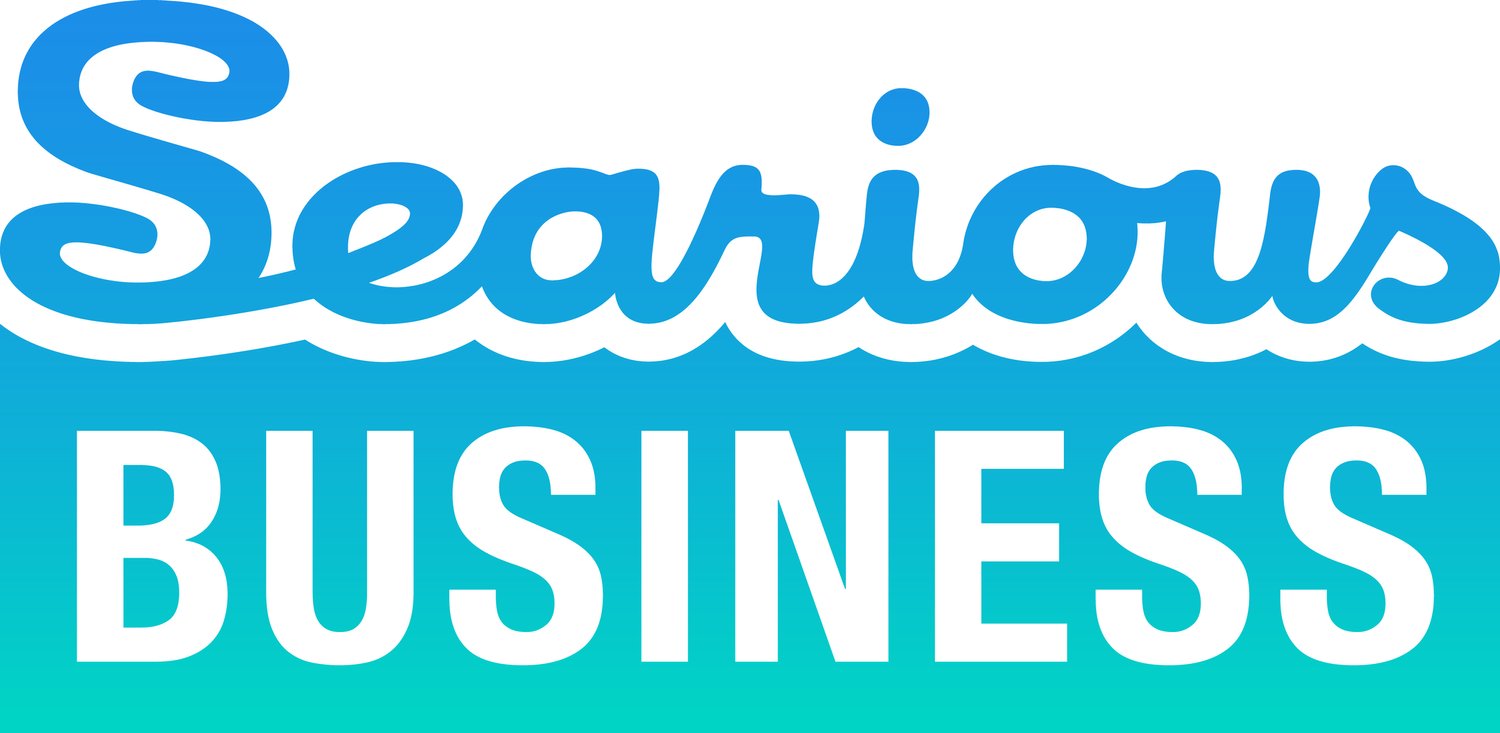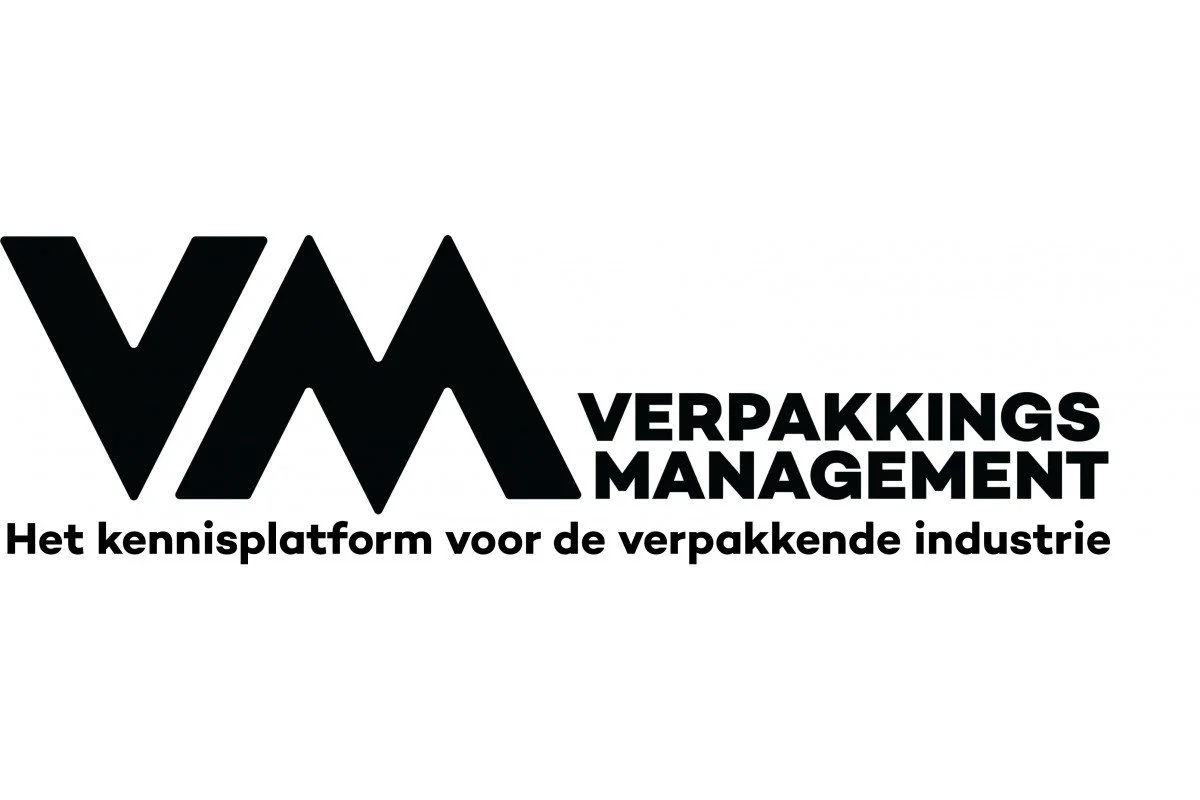In the media
Spread the word
PODCAST
Explores innovative strategies that companies, and even entire countries, can use to transition to circular plastic use, turning environmental responsibility into economic opportunity. Each episode delves into practical solutions for reducing reliance on virgin single-use plastics, implementing effective recycling, and developing reusable packaging systems.
Willemijn Peeters tells how Circular Design opens new business models
At the Sustainable Packaging Summit 2025 in Utrecht, Willemijn Peeters, founder and CEO of Searious Business, delivered the opening keynote. In her presentation, she called on the packaging sector to look beyond regulations and compliance. According to Peeters, it's time to "stop ticking boxes and start building better packaging now."
111 Industry Leaders “Ring the Bell for Recycling” — Warning EU: Without fixing recycling economics, circular plastics will fail
Europe’s recycling industry is at breaking point. Despite billions invested, recyclers are going bust while virgin plastic stays cheap.
Last Friday in Brussels, Willemijn Peeters handed over the Ring the Bell for Recycling statement to Wolfgang Trunk at the European Commission — carrying the support of 111 industry leaders from across Europe.
Their message is clear: Europe’s recyclers need action now, not in four years’ time. Without a viable market and stable demand for recyclate, the circular economy will remain just words on paper.
The Buddie Pack Chronicles: The Book of Reuse
The WP4 adventurers have returned — maps drawn, models tested, strategies refined — and are now recording their discoveries in the master spellbook: the Book of Reuse (aka Report 4.3). Each “spell” isn’t magic in the usual sense, but carefully crafted knowledge to help businesses, partners, and policymakers to bring reuse systems to life. This is no ordinary book: it’s designed to travel across realms, from industry to municipalities, from research to practice. Spreading wisdom far beyond its origin.
Chemical plant in Limburg converts useless plastic into oil and back into plastic.
A new factory processes chip bags or salad containers into oil, which is then used to make new plastic. And there are more plans for chemical recycling in the Netherlands. But this is merely a drop in the ocean according to Circular Plastics expert Willemijn Peeters. “The amount of waste these petrochemical companies process is infinitesimal compared to their virgin plastic production,” says Willemijn Peeters, founder of Searious Business, a Dutch organization that helps prevent plastic pollution.
INC-5.2: Breaking point or turning point?
INC-5.2 was a failure – but is that necessarily a bad thing? Willemijn Peeters, founder of Searious Business, tells Packaging Europe why this breakdown might be exactly what is needed.
Last week in Geneva, the negotiations on a global plastics treaty ended without agreement. For most of us there, this outcome felt like a crushing disappointment. A failure. I came home to headlines describing a breakdown. But after a week to recover and catch up on sleep, I see something different: not an ending, but a turning point.
Buddie Pack Chronicles 4.3 - Forging the future of reuse
Chapter 3 of the Buddie Pack Chronicles follows the adventure of WP4 on it's journey through the Reuse Kingdom....
In a quiet corner of the Reuse Kingdom lies the Lab of Many Models, where the WP4 Guard works to craft the ideal elixirs—refined business models for each Buddie Pack packaging. Their goal: to secure viable revenue streams and assess cost structures for all involved in the value chain.
Within this bustling lab, scrolls are unrolled and prototypes tested, each element fine-tuned to ensure every reusable packaging solution is economically sound and ready to thrive in the market.
🌍UNOC3: Making EPR Truly Transformative – A Full House for Circular Solutions
How do we make EPR truly transformative?
At UNOC3, we hosted a full room of global change makers exploring that exact question. From World Bank to WWF, Indonesia, Europe, to the Pacific and the Caribbean, the message was clear: EPR must go upstream. It must be mandatory. And it must enable reduction, reuse, and real circular impact. Read our event wrap-up to see how Extended Producer Responsibility is evolving—from end-of-life policy to a full-lifecycle driver of change to enable the Global Plastic Treaty mission.
Willemijn Peeters: "Refill requires behavioural change and a solid plan"
Refill is more than a trend—it demands system change and smart strategy, says Willemijn Peeters of Searious Business. From logistics to consumer behaviour, reuse must be treated like a full product launch. When done right, it delivers sustainability, customer loyalty, and a smarter business case. Europe must now act seriously.
5 Ways Brands Can Be Supportive Parents
Just like kids often need rewards to clean their rooms, consumers can be nudged into more sustainable choices with the right framework — without the guilt trip.
Brands often focus on making sustainability easy, practical and affordable (and brown, for some reason). But what about making it irresistible? Some consumers need more than facts — they need a little gentle parenting.
Opzetten poolingsysteem voor herbruikbare business to business verpakkingen
Het opzetten van herbruikbare verpakkingssystemen kan kostbaar en complex zijn, maar pooling-systemen bieden bedrijven de mogelijkheid om de kosten te delen en tegelijkertijd de economische en milieuvoordelen van hergebruik te benutten. In deze sessie presenteerde Searious Business het RePLHA-project, een innovatief pooling-systeem voor herbruikbare verpakkingen in de sector van grote huishoudelijke apparaten in Europa. Het systeem is ontworpen om te voldoen aan de komende PPWR (Packaging and Packaging Waste Regulation) eisen en zorgt voor gedeelde voordelen.
Opinion: Global Plastic Treaty – Spoiler Alert!
Willemijn Peeters, Founder of Searious Business, reflects on her experience at the last Plastic Treaty negotiations in Busan. While progress may feel like one step forward and half a step back, she assures us that the trajectory remains firmly in the right direction.
PPWR Dictates Reusable Packaging for Large Household Appliances
The RePLHA consortium, facilitated by Searious Business, is at the forefront of creating an environmentally sustainable and economically efficient reuse system for transport packaging in the large household appliances (LHA) sector. With the EU’s Packaging and Packaging Waste Regulation (PPWR) mandating 40% reusable transport packaging for EU shipments and 100% for packaging within the same member state or company sites, the consortium aims to deliver reusable transport solutions for white goods by 2030.
Buddie Pack Chronicles 4.2 - A treasure hunt for reuse
Yet more challenges await our intrepid adventurers in magical realm of reusable packaging! How would these packages journey from owner to user and back again without enduring any damage? How could we ensure the cycle continues again and again? And what of their epic end-of-life finale—would they gracefully re-enter the recycling cycle for a brand-new adventure?The path was filled with challenges, from linking the key players in the chain to unlocking the secrets of reverse logistics. But fear not, dear reader! Our heroes have uncovered new clues, revealing how reuse can be profitable, scalable, and seamless. Join us as we follow the next steps in the journey, piecing together the ultimate treasure map for a circular packaging system.
RePLHA Consortium Expands to Advance Reusables for White Goods
Eindhoven, March 2025 — The RePLHA consortium, facilitated by Searious Business, is at the forefront of creating an environmentally sustainable and economically efficient reuse system for transport packaging in the large household appliances (LHA) sector. With the EU’s Packaging and Packaging Waste Regulation (PPWR) mandating 40% reusable transport packaging for EU shipments and 100% for packaging within the same member state or company sites, the consortium aims to deliver reusable transport solutions for white goods by 2030. RePLHA is the acronym for Reusable Transport Packaging for Large Household Appliances.
The Business Case for Change
Remember that National Geographic photo of a seahorse clutching a floating cotton swab? Or the viral video of a turtle in Costa Rica having a straw painfully removed from his nose? We all remember these images. The world saw them and stopped in its tracks. That turtle inspired millions into action. He started a revolution.
But now it’s time to say NO MORE TURTLES!
Reusable Packaging: 10 Reasons to ‘Bring It Back’
In the halls of government, in boardrooms across industries, and even among neighbours figuring out which bin goes out today, one topic keeps coming up: packaging waste. We all know that the current "make, use, discard" cycle can't last forever. To protect our planet and our future, we must hold onto our resources for as long as we can. One powerful solution is reusable packaging. Emma Samson from the circular plastics company Searious Business outlines the top 10 commercial reasons why the reverse logistics industry should embrace the "Bring It Back" movement.
The Buddie Pack Chronicles 4.1: Unlocking Profit Drivers in Reusable Packaging
In the last chapter, we followed our heroes through a variety of packaging ownership models, from the wild autonomy of "bring-your-own" to tightly controlled pooling systems. Along the way, we discovered that each type of packaging is unique, and by choosing the proper tracking methods, we can keep them on the right path. Now, it is time to face another crucial challenge: ensuring they don't lose money along the way. If reusable packaging is to truly succeed, it's not enough to protect the environment; we must also uncover the treasure of profitability at every stop because businesses hesitate to leap into the unknown.
Is the ‘plastic tap’ under pressure?
On the final day of the 4th round of negotiations for the United Nations’ Global Plastics Treaty in Ottawa, Willemijn Peeters, founder of Searious Business, gives us an update on her highlights from INC-4 thus far.
A SECOND LIFE FOR THE DISHWASHER BASKET
What happens to a dishwasher’s plastic components at the end of the appliance’s life? How can we recover these valuable materials and give them a new purpose? As part of its continuing goal to create sustainable, value-added customer solutions, Evonik has set out to find answers to these important questions. Searious Business helped them find solutions to this recycling challenge.
The more packaging, the more potential!
One of the arguments we hear about reusable packaging is that it's just too hard. Quickly followed, it's too expensive, and customers don't want it. We would argue that reusable packaging is not at all hard. In fact, we all used to use it not that long ago. It will take some planning and some getting used to, but one thing it's certainly not is more expensive. This inspired Searious Business to look at one of the world's most hectic and complex foodservice sectors – Indian Street Food.
Monthly recap
Stay up to date with our projects and other developments in the circular economy





















